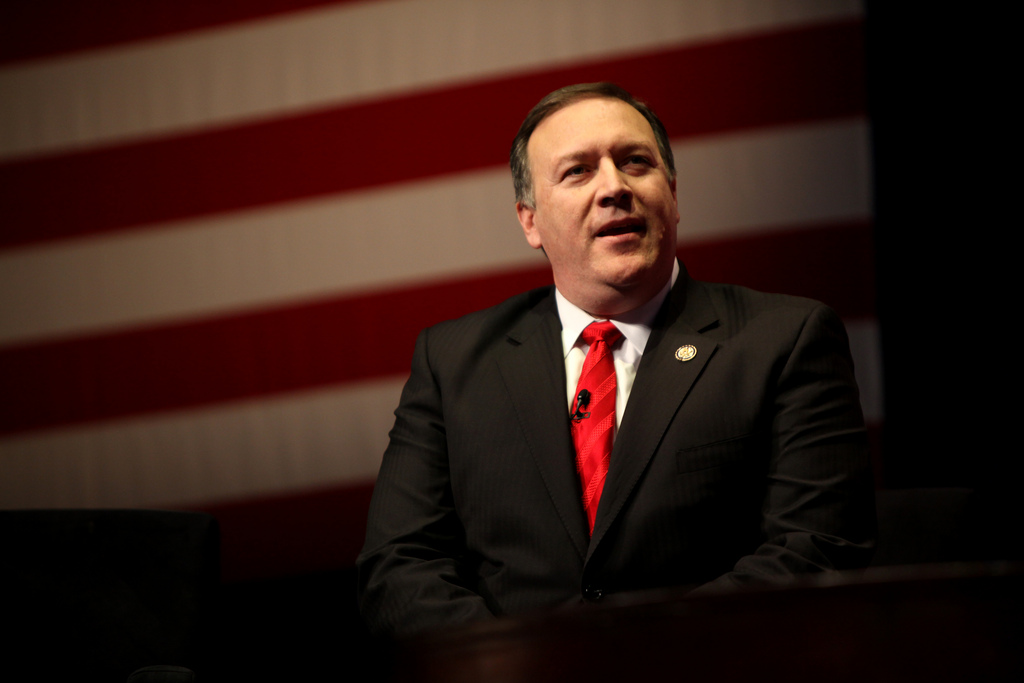The United States has revoked the visa for the chief prosecutor of the International Criminal Court, her office said Friday, over a possible investigation of American soldiers’ actions in Afghanistan.
Prosecutor Fatou Bensouda would continue to pursue her duties for the Hague-based court “without fear or favor” despite the ban, her office said in a statement.
The move against Bensouda, a Gambian national, comes weeks after U.S. Secretary of State Mike Pompeo announced restrictions on ICC staff who probe U.S. or allied personnel.
“What we can confirm is that the U.S. authorities have revoked the prosecutor’s visa for entry into the U.S.,” the Office of the Prosecutor of the ICC said in a statement.
Bensouda’s office said that under the Rome statute governing the ICC – which Washington has declined to join since it was set up in 2002 – she had an “independent and impartial mandate”.
“The prosecutor and her office will continue to undertake that statutory duty with utmost commitment and professionalism, without fear or favor,” it added.
The U.S. decision was not expected to impact Bensouda if she is traveling to the United Nations in New York where she gives regular briefings to the U.N. Security Council on investigation, it said.
There was no immediate comment on Bensouda’s visa ban from Washington.
Bensouda asked ICC judges in November 2017 for authorization to open an investigation into alleged war crimes in Afghanistan by the Taliban, Afghan government forces and international forces including U.S. troops.
The court has not yet decided whether to launch a full-blown probe.
However, the administration of Donald Trump has struck preemptively, with Pompeo warning on March 15 that the ICC was “attacking America’s rule of law.”
Pompeo said he was “announcing a policy of U.S. visa restrictions on those individuals directly responsible for any ICC investigation of U.S. personnel.”
“If you’re responsible for the proposed ICC investigation of US personnel in connection with the situation in Afghanistan you should not assume that you still have, or will get, a visa or that you will be permitted to enter the United States,” Pompeo added.
More on the Subject
U.S. President Donald Trump in March signed a proclamation recognizing Israeli sovereignty over the disputed Golan Heights, a border area seized from Syria in 1967.
Trump’s decision also broke with multiple U.N. Security Council resolutions as well as decades of U.S. policy.



